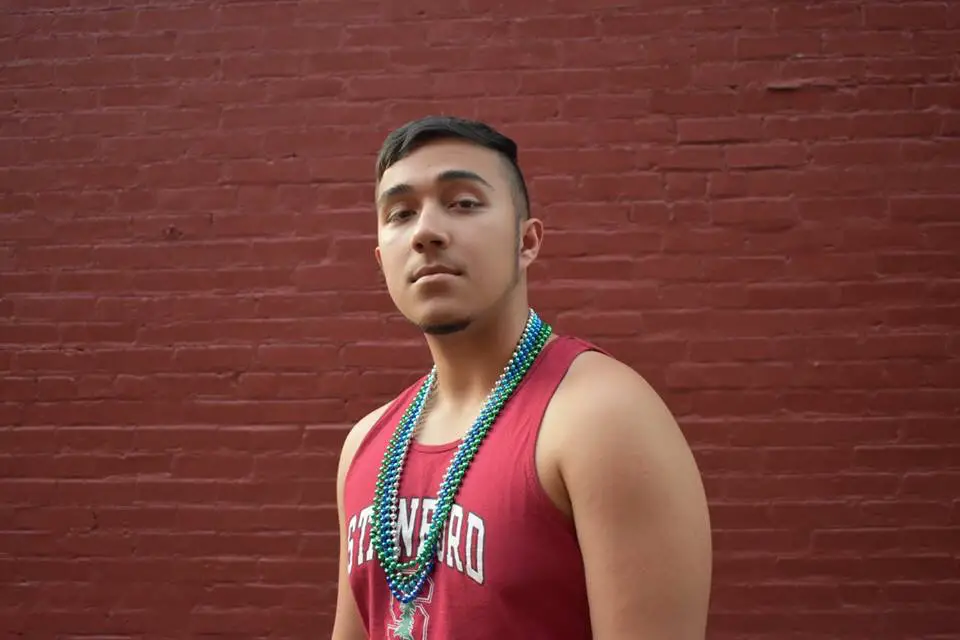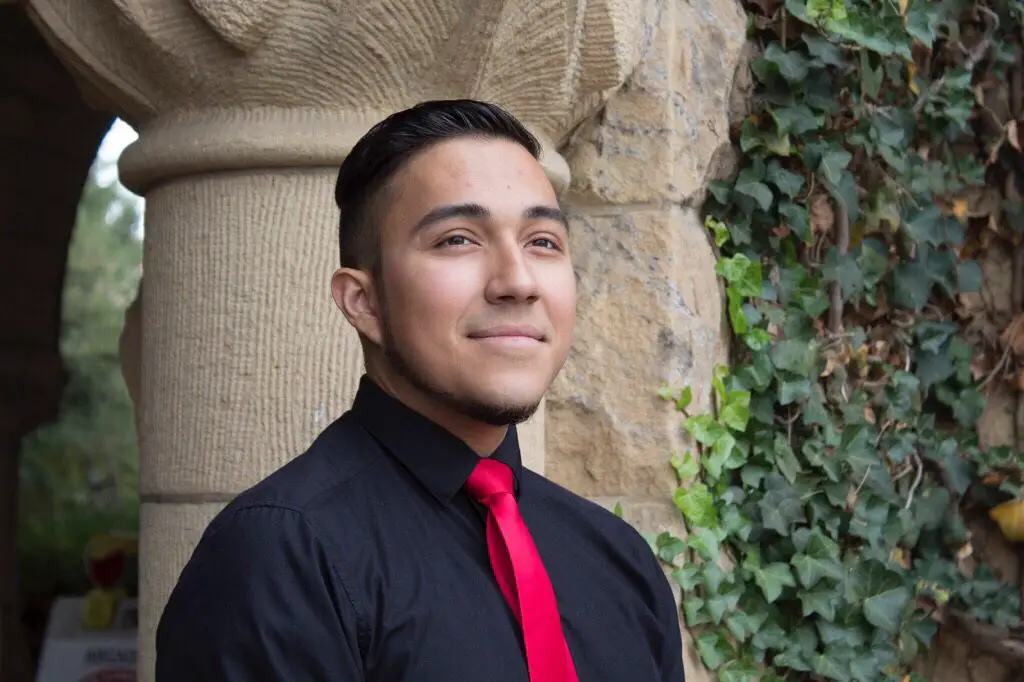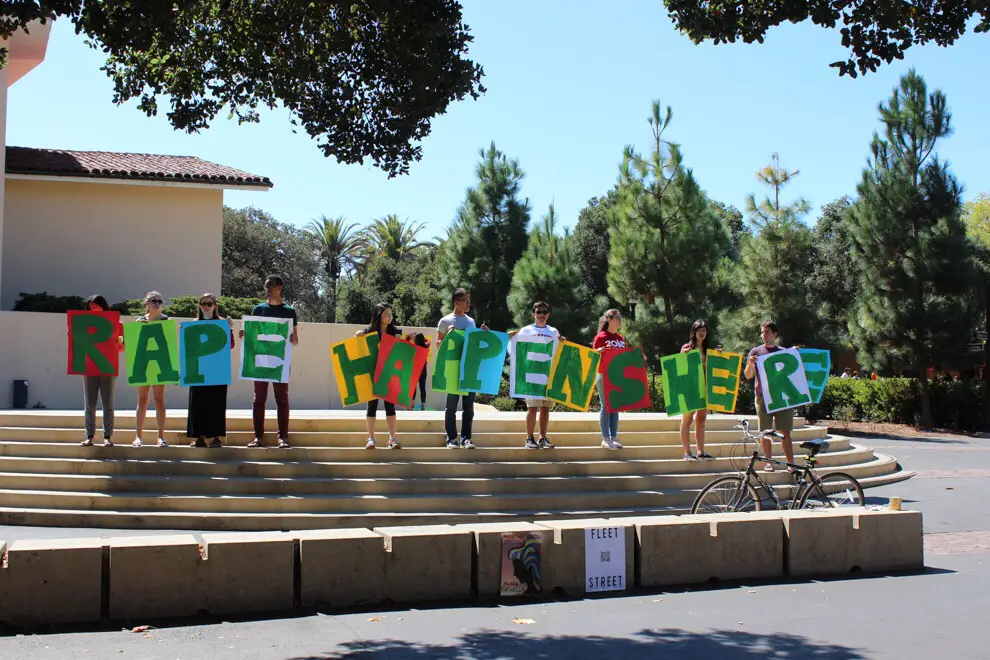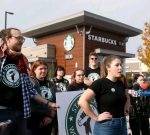As the divided political climate continues to tear apart lifelong friends and intimate family members, Smashmouth’s lyric “we could all use a little change” continues to ring true. Many have argued that America needs a little TLC, and one Stanford senior feels he can be that change.
Matthew Baiza, originally from San Antonio, graduated as valedictorian of his high school. Always an active member in the classroom and the community, he has, at no surprise, continued to become an agent of public service working for change. Baiza is a Political Science and Sociology double major, not because he hates sleep (although his 3.968 GPA would say he does), but because he dreams of going back to San Antonio and starting his journey of political and social advancement in his home town.
The 21-year-old Texas native believes that change starts at the local level. Baiza has already begun partnering with his community to increase youth engagement and education, address public safety concerns and help provide greater access to opportunities for underserved communities. Some people may call him an idealist.
Besides him, many pioneers of change have been told their goals weren’t possible, that they had promised too much. Baiza’s only promise is to get it done. With so many people doubting his plan’s success, it is hard to imagine how he can stay motivated and driven. Baiza says motivation comes from doing community service whenever he is back in San Antonio. “[I take pride in] staying connected to the people and things that I love,” he says.
During the summer of 2016, Baiza worked as a San Antonio City Council Policy Advisor. Baiza not only developed policy to address police-community relations, but he also worked with increasing millennial engagement within local government. While he worked diligently on providing policy guidance on police contract negotiation, he still managed to research grants for public park improvement.

Always keeping others in mind, Baiza researched public transportation for the benefit of San Antonio and raised over $1,500 in in-kind donations, which are similar to grants, but are contributions of goods and services instead of cold, hard cash. Baiza didn’t want to just accept money and hope it had a positive outcome, he wanted to see the change in action, firsthand.
Baiza feels that his desire to do big things in California and take those accomplishments back home keeps him moving forward. He sees his acceptance at Stanford as a blessing and feels that, as an “exception” in his community, it is his responsibility to pass along that opportunity to someone else.
Baiza’s desire to help those around him did not happen overnight. He initially became interested in politics during the 2008 presidential election. In his seventh grade history class, his teacher would discuss the candidates and issues on almost a daily basis. His fascination continued in the 2012 election, and it has stuck with him ever since. Prior to entering Stanford, he was able to work within his local government and came to experience the true meaning of public service, and has continued to work locally since then.
His second major, Sociology, came to him during his freshman year after taking two seminar classes that really opened his eyes. “Sociology tries to understand social phenomena from multiple perspectives including racial, gender and social class frameworks,” he says. He believes that Sociology and Political Science work well together because they allow him to understand the problems within our society and identify possible solutions.
So many political candidates run without the knowledge of who the people they want to govern are and what they struggle with. Baiza knows he must love people in order to serve them. He is using his time to earn a degree that will create real compassion and understanding, as well as the knowledge he needs to aid his fellow San Antonians and Americans.
Baiza has many roles. He is an activist, a future politician, and most importantly, a student. Just like the rest of the college kids in the country, he has a difficult time balancing social life and his political agenda. Matthew Baiza’s trick to maintaining a healthy social life and a thriving academic life? He has found a way to integrate his social life into things he is already involved in.
Baiza believes that whether it is singing in his a capella group, advocating for sexual assault reform or getting involved in local government, he knows that he can find friends that share his common views and interests in the same places he’s fighting for change. “It’s good to have friends outside of my activities and social justice hobbies,” he says, “but a great part of balancing the work-life dynamics of college is just finding some alone time.”

Matthew Baiza wants change, and he knows the world isn’t tiny, but change is possible. He knows that he isn’t unique in the desire to be something bigger than him; what sets him apart is his desire to do something for others. Baiza realized that his goals are no longer for himself, and he is working towards a dream for those who cannot do what he can.
“College has solidified and reshaped my thoughts on what I value in myself and what I value in others,” he said. His time in college has made him look closer at the world and appreciate things he would’ve taken for granted, such as strong parental support and a good educational foundation. Baiza knows these hardships are temporary and everything will end up all right.
Back in California, his work for social justice doesn’t end. Baiza continues his fight for equality in a time when people are losing hope. In early 2016, his campus was placed in the spotlight when Brock Turner, a current student, raped an unconscious female student behind a dumpster. Turner, having been let go almost completely free angered many Stanford students and the country as well. Refusing to let this be swept under the rug as so many other cases are, Baiza co-founded the Stanford Association of Students for Sexual Assault Prevention (ASAP).
Baiza was featured in People Magazine and on the NY Times Live website speaking out against Turner and the handling of the situation. Baiza is now a member of the Stanford Knoll Path Working Group, a community of students that address campus safety in the area where the Turner incident occurred. They have been working vigorously on paving and lighting an official pathway that students can frequently use. He has appeared in many online publications as well as his local news for speaking out against sexual assault and campuses and advocating for necessary policy change.
Baiza has done so much in such a short time, it’s intriguing to see what he will accomplish next. From speaking out against issues that are plaguing the nation to creating opportunities for the youth, Baiza is living his most selfless life.
Due to experience in policy making and his dedication to fighting sexual assault, he has been asked to TA a class in sexual assault policy on college campuses. His class will take place on his home campus of Stanford, and will further his fight in making all college campuses safer for women and men alike. Baiza is fighting for women, San Antonio and humanity, and he’s giving Stanford a damn good name.

















